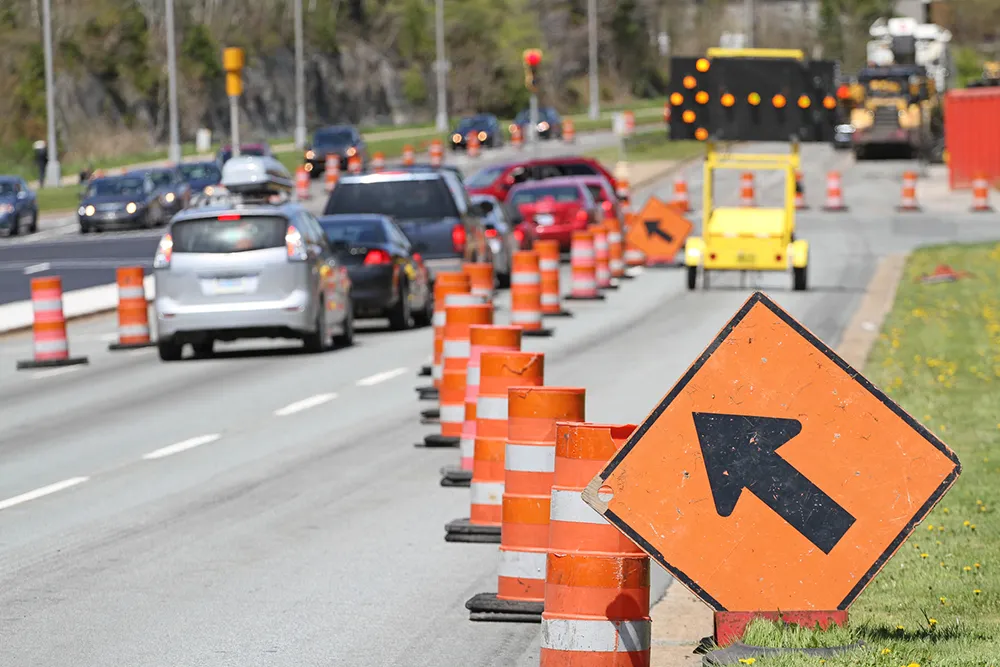Veolia Transdev and IBM today announced that together they are developing a smarter mobility solution designed to help cities alleviate road congestion, optimise transportation infrastructures and improve the urban traveller experience. The first application of the smarter mobility solution is being piloted in the city of Lyon, France, which is the second largest metropolitan area in the country outside of Paris, as part of the city’s Optimod project. Optimod'Lyon will test and validate new services to impr
June 27, 2012
Read time: 3 mins
The first application of the smarter mobility solution is being piloted in the city of Lyon, France, which is the second largest metropolitan area in the country outside of Paris, as part of the city’s Optimod project. Optimod'Lyon will test and validate new services to improve the mobility of people and passengers in the urban environment, optimising and combining the use of transport infrastructure.
“The smarter mobility solution developed by IBM and Veolia Transdev opens new opportunities to all urban mobility projects," claims Gérard Collomb, senator mayor of Lyon. "This level of innovation is the reason why we engaged with IBM and Veolia Transdev, together with the other partners of the project, to contribute to the Optimod’Lyon partnership aiming at building sustainable mobility solutions for the future.”
The smarter mobility solution brings together Veolia Transdev’s expertise in the public transit industry and IBM’s expertise in managing big data and advanced analytics to coordinate and connect services across all a city’s transportation networks, including subways, trams, buses, vehicular and bicycle traffic, and more. The partners claim that the new solution helps a city predict traffic road speed and arrival times and coordinate city responses across the transportation network across multiples modes of transportation within a city. These advanced solutions also take into account unplanned events, such as rain storms or traffic accidents, which may cause delays or disruption in service.
“We have a different and innovative vision of how issues with urban flows can be managed: working with IBM, we offer a global, original and relevant new solution that can be replicated and adapted in any city or conurbation,” said Jérôme Gallot, CEO of the Veolia Transdev Group. “This solution offers cities a less expensive option compared to the investment required with building new infrastructures, and at the same time, improves quality of life for their citizens.”
According to Alain Benichou, chairman of IBM France, “Today we have the ability to extract intelligence from the huge volume of data that we collect, allowing us to predict and plan for potential disruptions in city operations. This new solution will arm cities with real-time information about their transportation systems so that they can improve efficiency and enhance the travel experience for citizens.”









